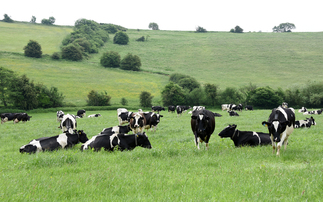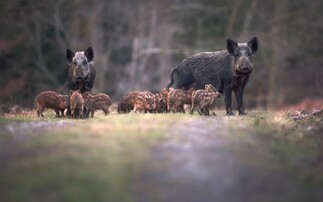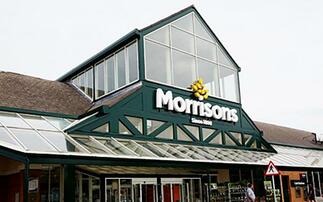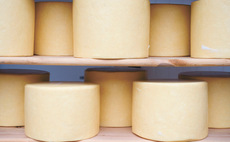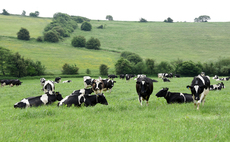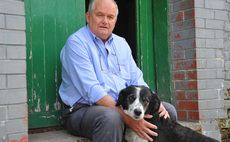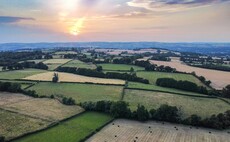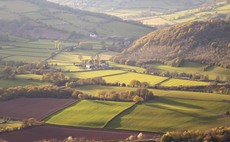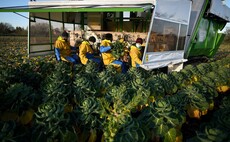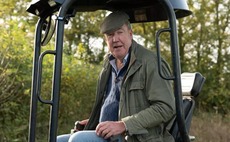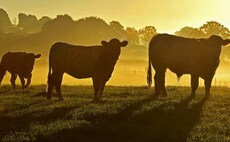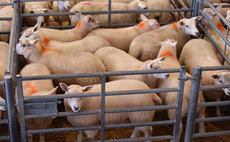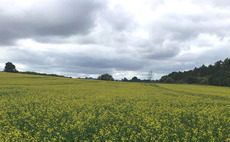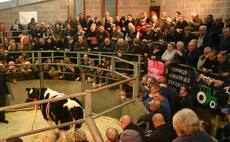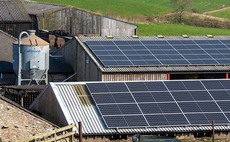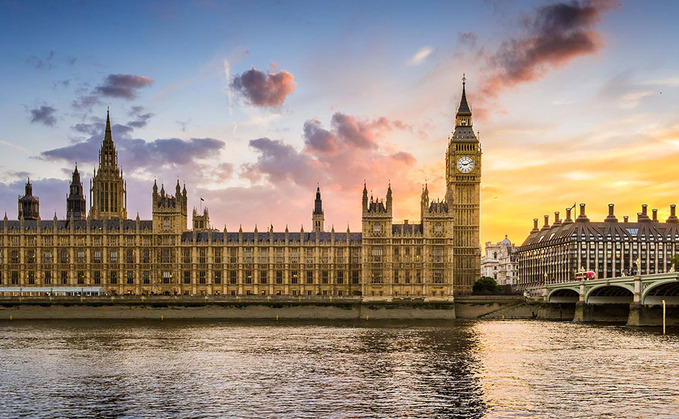
Common sense, it would appear, has made an unlikely return to Government and facilitated positive steps between the UK and EU in relation to Northern Ireland in the post-Brexit era.
Politicians behaving like grown-ups had seemed like a thing of the past after Boris Johnson and Liz Truss time in charge, but it seems that Rishi Sunak has brought some stability and allowed the Windsor Framework to be constructed.
With the issue of Northern Ireland being so emotive and therefore so tricky for politicians to handle, it is understandable why the challenges of cross-border trade have dragged on so long. But it does seem unacceptable that, almost seven years after the vote to leave the EU, such problems are still rumbling on.
But that is the crux of Brexit. What was presented an easy option by the leave camp, an opportunity for British farming to take back control of policy, red tape and regulation, has become an ever-evolving challenge all these years on, and one which seems a long way from a satisfactory resolution.
You only have to look at the warning this week about the impact increased imports of New Zealand lamb are having on domestic prices at abattoirs and marts across the country.
The Government might be pleased that imports are allowing retailers to keep prices down, but this influx of foreign product, brought about by post-Brexit free trade agreements, has the ability to dampen demand for home-grown produce; something critics of such deals always said it would.
On the issue of labour, however, post-Brexit policies are having the opposite effect in the sense that they are keeping a valuable resource - foreign labour - locked out of the country, rather than being able to gain permitted entry which benefits farms crying out for staff.
The ramifications of that 2016 vote continue to unfold but let us hope that, with the Windsor Framework, level headedness has made a surprise return and, with it, some movement on the issues that continue to hinder British agriculture.
And finally
Ringing dairy industry commentator Ian Potter for a comment always required a deep intake of breath before the number was dialled, mainly because he would challenge your questions more than most. His untimely death robs that sector of a passionate advocate.











